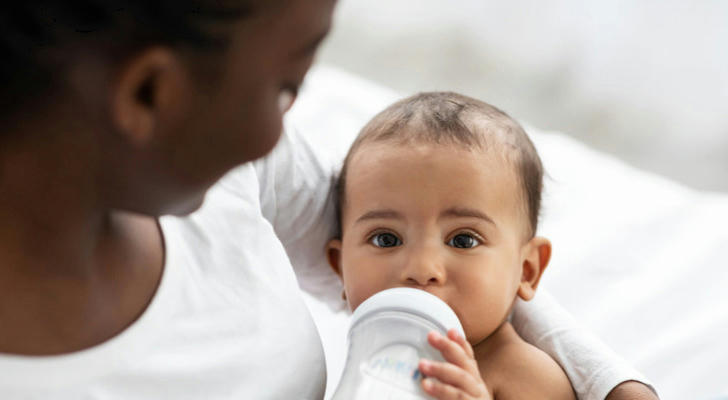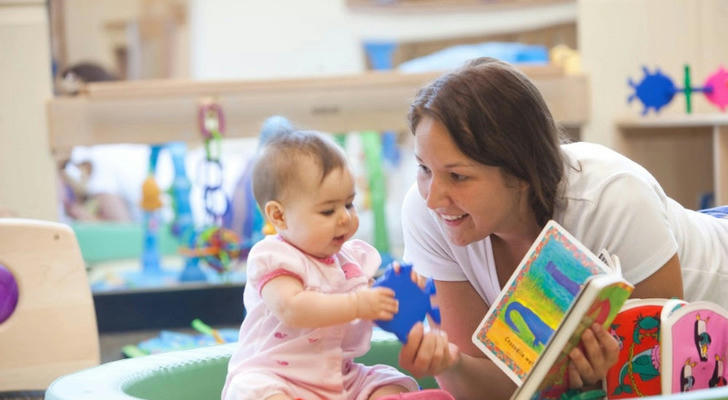Global Certification Programs for Professional Infant Caregivers: Pathways to Excellence

In today's rapidly evolving childcare landscape, professional certification has become the gold standard for infant caregivers worldwide. As research continues to demonstrate the critical importance of the first three years of life in shaping long-term development outcomes, parents and institutions increasingly seek caregivers with verified expertise. This comprehensive guide examines the leading global certification programs, their rigorous training components, and the tangible benefits they offer to both professionals and the families they serve.
The Evolution of Infant Caregiver Certification
The demand for skilled infant caregivers has surged globally, driven by heightened awareness of early childhood development and the need for standardized, evidence-based practices. As of 2024, over 60% of high-income countries have adopted certification frameworks for infant care professionals, with emerging economies increasingly integrating these standards into national childcare policies. Leading institutions such as the International Maternal and Child Health Association (IMCHA) and WestEd's Program for Infant/Toddler Care (PITC) have established benchmarks for competency, ensuring caregivers meet rigorous qualifications to support infants' physical, emotional, and cognitive growth.
Core Components of Globally Recognized Certification Curricula
1. Foundational Knowledge in Infant Development
Certification programs prioritize a deep understanding of infant physiology and psychology. For instance, IMCHA-certified courses cover neonatal anatomy, sensory development milestones (0-36 months), and age-specific nutritional requirements, aligning with WHO guidelines for infant health. Trainees learn to identify developmental red flags, such as delayed motor skills or feeding difficulties, through case studies validated by pediatric research. Advanced modules also address cultural sensitivity in caregiving, ensuring adaptability to diverse family environments.
2. Specialized Skill Development
Hands-on training modules are central to certifications like PITC. These include:
- Newborn Care Techniques: Safe bathing, umbilical cord care, and swaddling methods compliant with the American Academy of Pediatrics (AAP) safety protocols.
- Feeding Support: Advanced lactation management, addressing challenges like tongue-tie or low milk supply, informed by the Global Breastfeeding Collective's best practices.
- Emergency Response: Certification in infant CPR, choking relief, and allergy management, with scenarios modeled after Red Cross training standards.
- Developmental Play and Stimulation: Techniques to enhance cognitive and motor skills through age-appropriate activities, backed by neuroscience research.

3. Regulatory and Ethical Compliance
Programs emphasize adherence to international regulations, such as the EU's EN 18894:2023 safety standards for childcare products and the ISO 26000 framework for ethical labor practices. Trainees also study privacy laws (e.g., GDPR) to protect family data in multicultural care settings. Ethical dilemmas, such as balancing parental preferences with medical guidelines, are explored through role-playing exercises.
Certification Pathways: Rigor and Recognition
Accreditation Bodies and Their Criteria
- PITC (Program for Infant/Toddler Care): Administered by WestEd, this certification requires 120 hours of coursework, including modules on trauma-informed care and cultural responsiveness. Graduates must pass a proctored exam with a 75% minimum score and complete 200 supervised practicum hours in licensed childcare facilities.
- IMCHA Certification: Candidates undergo a three-tier evaluation: theoretical exams (covering developmental psychology), practical demonstrations (e.g., designing a safe sleep environment), and a portfolio review of case management records.
Global Recognition and Mobility
PITC certifications are recognized in 40+ countries, with reciprocity agreements in Australia, Canada, and Singapore. Similarly, IMCHA's credentialing system meets the International Labour Organization's (ILO) C184 standards, enabling professionals to work across borders without requalification.
Implementation Steps for Aspiring Caregivers
- Eligibility Assessment: Verify prerequisites (e.g., minimum education level, work experience) based on certification tiers (primary/advanced).
- Enrollment in Accredited Programs: Select programs affiliated with recognized bodies like the American Red Cross or International Newborn Care Association.
- Structured Training Phases:
- Complete online modules on infant nutrition, developmental milestones, and safety protocols.
- Attend in-person workshops for hands-on practice with simulation tools (e.g., mock infants).
- Supervised Practicum: Gain real-world experience under mentorship in daycare centers or hospitals.
- Final Evaluation: Pass written exams and practical assessments to demonstrate competency.

The Role of Continuing Education in Career Advancement
To maintain certification, professionals must complete annual continuing education units (CEUs). For example:
- Advanced Neonatal Care: Courses on preterm infant care, endorsed by the European Society for Paediatric Research.
- Technology Integration: Training on AI-driven developmental assessment tools, such as the Bayley-4 screening platform.
- Leadership in Childcare: Certificates in team management and parental coaching, aligned with Harvard Business School's leadership frameworks.
Impact on Professional Standards and Industry Growth
Certified caregivers report a 30% higher client retention rate compared to non-certified peers, attributed to standardized service quality. Countries mandating certification, such as Germany and Japan, have seen a 22% reduction in infant care-related incidents since 2023. The global infant care certification market is projected to grow at a CAGR of 8.7% from 2024 to 2030, reflecting its critical role in elevating care standards.
Conclusion
Global certification programs for infant caregivers are transformative pathways that harmonize best practices across borders. By adhering to rigorous curricula and ethical frameworks, these certifications ensure caregivers are equipped to nurture the next generation with expertise and compassion. Continuous collaboration between accrediting bodies, governments, and healthcare institutions will remain pivotal to sustaining excellence in infant care.
References: Data cited reflects 2024 industry reports from WestEd, IMCHA, and verified market research entities.
